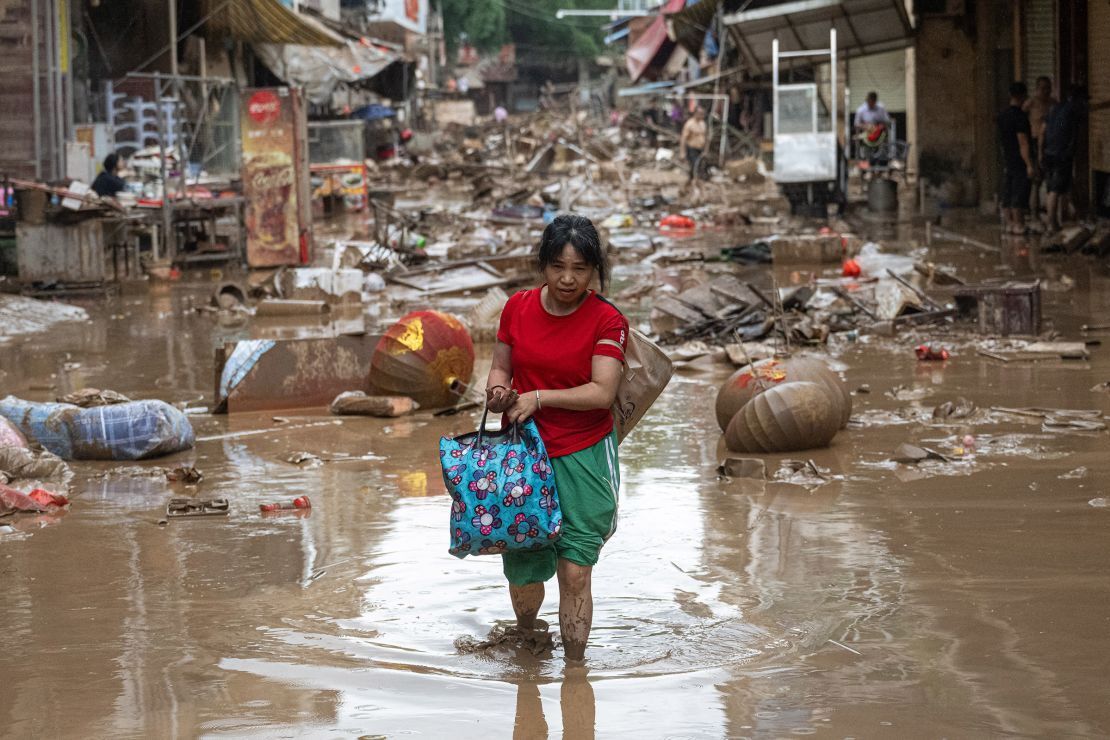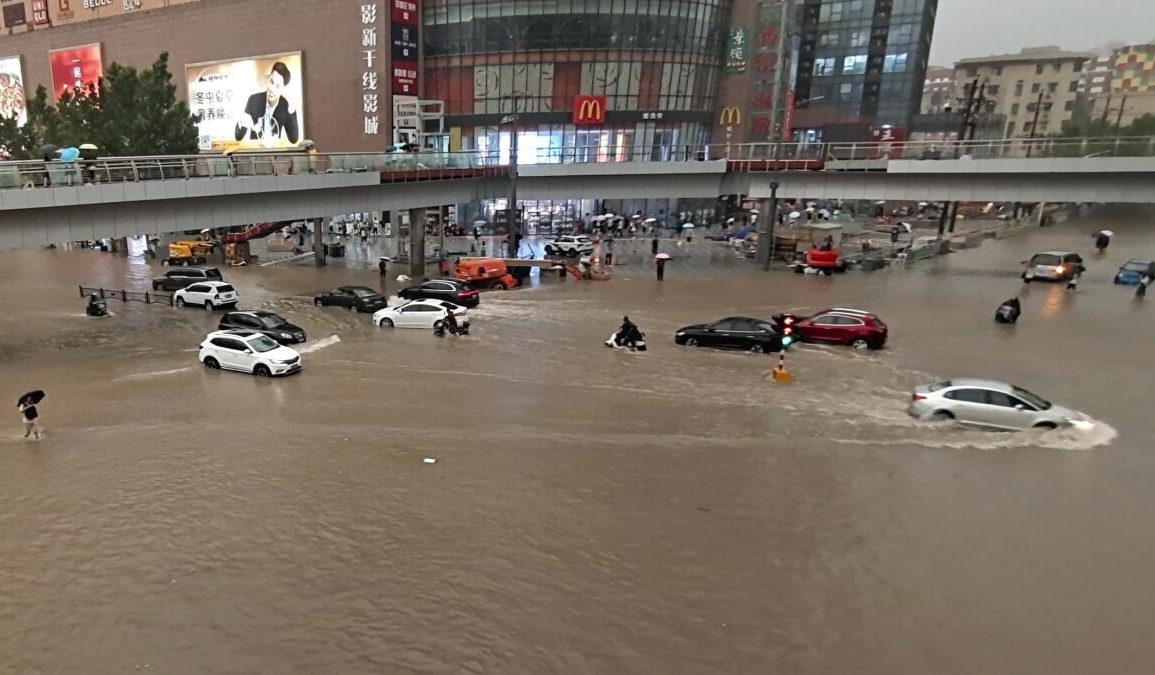Dongting Hu, China’s second-largest freshwater lake, faced devastating flooding this summer as waters from the Yangtze River overwhelmed dams and dikes meant to contain them. Rescue efforts in Hunan province, where the lake is located, included more than 800 workers over three days to repair breaches, one of which required 100,000 cubic meters of rock to seal. Thousands of residents were evacuated as the floods highlighted the challenges of a summer marked by extreme weather. By August, China had experienced 25 major floods, a record high since monitoring began in 1998. President Xi Jinping called for comprehensive rescue and relief efforts to protect those affected.
Ren Benxin, an archaeologist and resident of a small island in Dongting Hu’s tributaries, was among the affected. His home, Soultopia, a tranquil refuge where he conducts research, hosts travelers, and cares for rescued animals, was inundated on July 5. He worked tirelessly to save his animals and belongings, but his wooden huts were nearly submerged, and one of his dogs, Eason, died after drinking contaminated floodwater. The event underscored the increasing frequency and unpredictability of extreme weather in the region.

The devastation at Dongting Hu reflects broader challenges posed by climate change in China. The lake, once the nation’s largest freshwater body, has lost much of its storage capacity due to agricultural land reclamation. This has exacerbated the severity of both droughts and floods. Heavy rainfall in Guangdong province also displaced over 110,000 people, emphasizing the need for a coordinated national response to weather disasters. Officials now recognize that these incidents are no longer isolated events but part of a broader climate crisis that demands systematic adaptation.
China is beginning to pivot toward addressing these challenges on a national scale. At the Cop29 climate conference, the government introduced a climate adaptation plan, focusing on monitoring and forecasting extreme weather, improving early warning systems, and sharing knowledge. This shift represents a significant acknowledgment of the need for comprehensive action beyond traditional environmental issues like air pollution. However, experts emphasize that further measures are needed to prepare for and mitigate the impacts of climate change effectively.
For individuals like Ren, adaptation has become a necessity. He has spent significant resources repairing his property and plans to build a new home elevated among trees to guard against future floods. Ren has also adopted a more sustainable lifestyle, avoiding electrical appliances destroyed in the flood and relying on wood burners. Despite the hardships, he remains committed to staying in his beloved Soultopia, determined to prepare for an increasingly unpredictable climate future.

